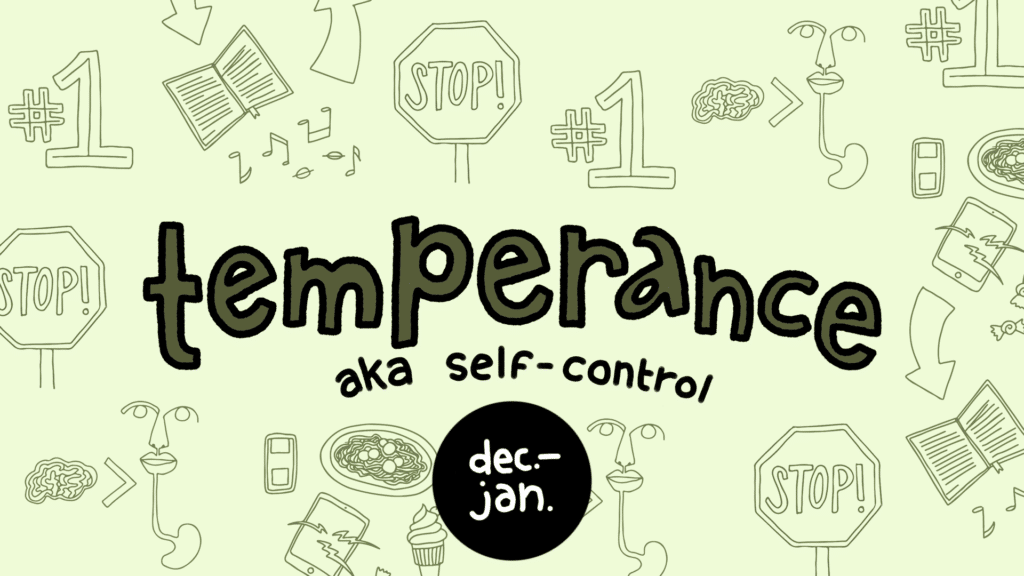Today we are continuing on with our Senior Project Spotlight, with a wide variety of projects from Grace Cheney, Kareena Talley and Haelee Rochez. Please see the links below to view the video of their presentations from earlier this year. Congratulations again to these lovely ladies on some very interesting and thoughtful projects!
Grace Cheney: ADHD and the Necessity of Planning
For my Senior Project, I created a planner tailored to the ADHD brain because I want to help others in the process of helping myself. It is a purposeful method to help manage life in a healthy and rewarding manner in a way that sticks and becomes a habit. I reflected on my experience with ADHD and executive functioning, did research on this subject, and created my planner with that knowledge. My hope is that my Senior Project is helpful and educational for both neurodivergent and neurotypical people.
To view Grace’s presentation on ADHD and the Necessity of Planning, please click here.
Kareena Talley: 9/11 and the Media’s Rhetoric
“No other event in history has garnered the combined amount and duration of coverage than that generated by the September 11, 2001, terrorist attacks” (Monahan, 183). The terrorist attacks of September 11, 2001 gained the attention of people across the globe. This paper and project deals with the methods and decision-making processes of news media in its reporting of 9/11 and how this left a legacy. I examined a wide range of sources, including newspaper articles, columns, scholarly articles, books, first-hand accounts, live television footage and images, podcasts, and docuseries. One of my main sources, Brian Monahan, the author of The Shock of the News: Media Coverage and the Making of 9/11, served as a starting place for my project with thoughts that I also contradicted in my project. While some have suggested the media exploited the event to the point of distortion, this exaggerates the media’s role in stimulating interest in a genuinely significant event. Rather, in the immediate aftermath of September 11, 2001, insufficient information, time constraints, and public demand constrained televised news coverage and produced an initial narrative. The evidence suggests that public demand shaped the narrative from below far more than the media shaped the narrative from above. My project is significant to the Great Conversation because a study of the media’s coverage of 9/11 illustrates that the way an event is reported by the media affects the public’s understanding of the event, especially in the 21st century. Analyzing a relatively recent event in which communication played such an important role in how people understood and remembered that event seemed like a good place to start to see how the media impacts the public. Because I challenge a certain stance, my research enters the Great Conversation in a unique light.
To view Kareena’s presentation on 9/11 and the Media’s Rhetoric, please click here.
Haelee Rochez: de gustibus: Roman Recipes Reimagined for the Modern Age
Hello! My senior project question is, how can ancient Roman food be recreated in modern times? To answer this question I translated recipes from the ancient Roman cookbook De re coquinaria, or On the Subject of Cooking. This cookbook is thought to have been composed around the fifth century, during the late Roman empire by Apicius. It is debated whether Apicius was an actual person or just a brand name, similar to Betty Crocker.
I choose this as my senior project, because I have taken Latin since fifth grade and wanted a chance to put into practice what I have learned. I am also an avid baker and wanted my project to be something that involved making and serving food to others. Therefore, once I had translated the recipes, I attempted to make three different food dishes and a wine dish using two different types of dealcoholized wine. I then served these dishes to the senior class during my practice presentation and the audience during my final presentation. Unfortunately, I cannot serve the food to you all watching later, but I hope you can enjoy my project without the food nonetheless!
To view Haelee’s presentation, please click here.
Thank you Grace, Kareena, and Haelee for sharing your projects with us!





















